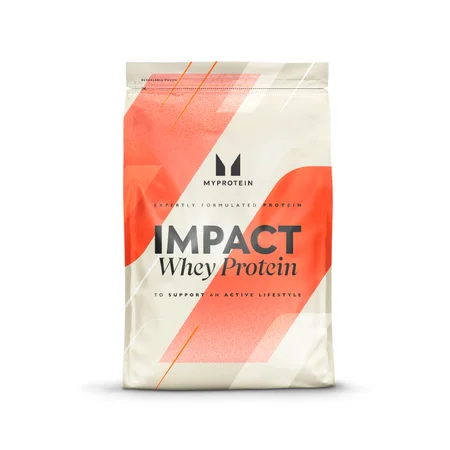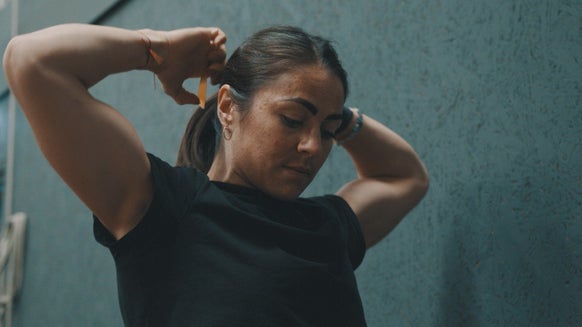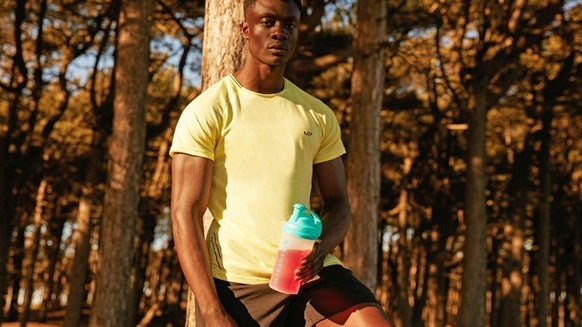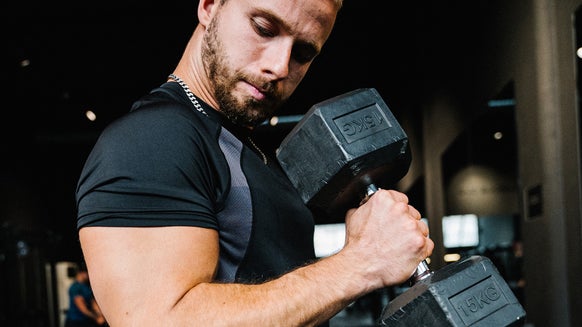Your Alkaline Foods Guide
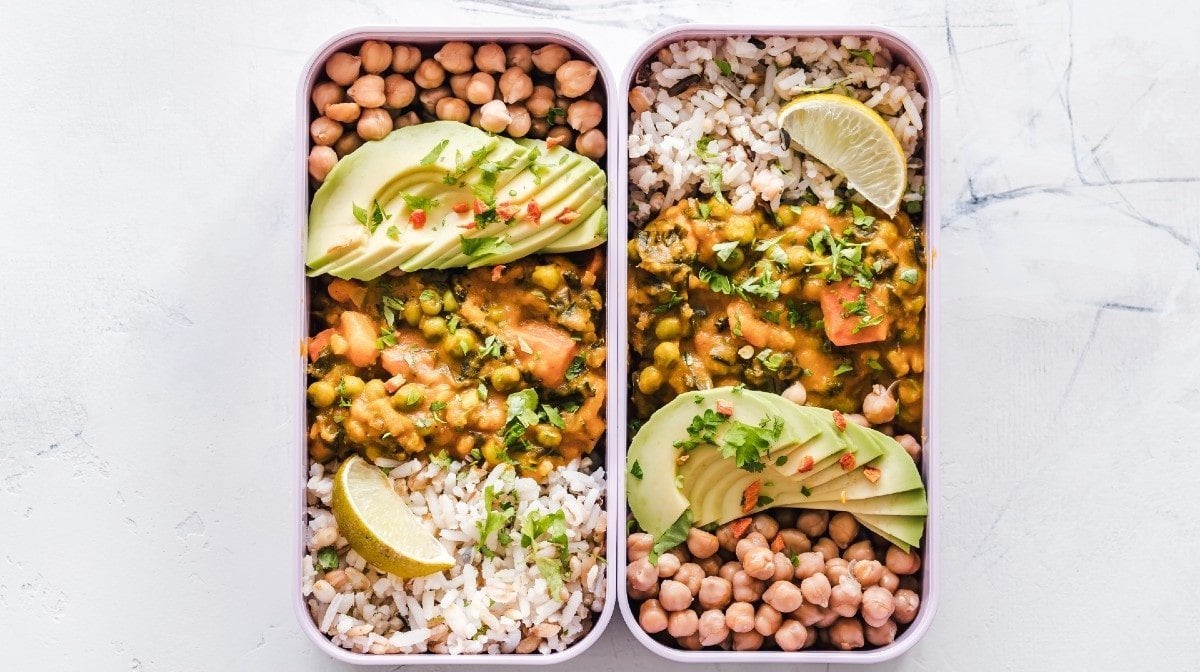
An alkaline diet has been touted as a way to reduce the acid load of your diet, boost the body’s energy levels and improve health. But it is important to remember that the pH of your body is tightly regulated by your kidneys and there is very little evidence to show that dietary choices will affect your body’s ph.1
As well as this, different parts of your body have a different natural pH in order to function properly. For example, your stomach has a pH between 1.35 and 3.5 and your skin has a pH between 4 and 6.5. 1 No amount of spinach in your diet is likely to change this. That being said, increasing the number of fruits and vegetables in your diet is associated with a number of health benefits. 2
Here’s a list of alkaline foods and all of their benefits and micronutrient content...

1. Spinach
This leafy green is a great source of vitamin K, which important for the health of your bones. Spinach is also a good source of iron with 100g providing 1.9mg of your recommended iron intake (9mg for men and 14.5mg for women aged between 19 and 50).
And on top of all of this, spinach is also a good source of vitamin C which is a powerful antioxidant helping to maintain immune function and healthy skin. Definitely one to add to your shopping list.
2. Kale
Like spinach, Kale is another great source of vitamin K, if you don’t believe us 100g of kale provides 831% of your daily vitamin K reference intake! Kale is also a very good source of fibre with 100g providing 3.7g. 3 Fibre is important for maintaining digestive health and may also help if you are trying to lose weight as it will help you feel fuller for longer. 4
Kale also is a fantastic source of vitamin C, essential for a healthy immune system and maintaining healthy skin. Not sure what to eat your kale with?
3. Avocado
Avocados are great source of healthy fats with a typical avocado providing 17g of monounsaturated fat, 58% of your daily reference intake.
Alongside this, an avocado is a good source of vitamin E, which helps maintain healthy eyes and skin and helps strengthen your immune system. The recommended amount of vitamin E is 15mg with a whole avocado providing 4.5mg. So incorporating some avo toast in the morning won’t go a miss.
4. Banana
Bananas make for a great post workout snack as they are a good source of carbohydrates with a glycaemic load of 20 (high glycaemic carbs are the most effective at restoring glycogen levels post exercise 5 .)
Bananas also contain vitamin B6, vitamin C and potassium. A medium banana will also provide 1.4g of fibre. They also make a brilliant smoothie ingredient, and of course banana bread for those bananas that you forgot to eat.
5. Blackcurrants
Blackcurrants are an especially good source of vitamin C (100g provides 250% RI) and a good source fibre. Blackcurrants also provide a range of a polyphenols and antioxidants and may help enhance immunity. And they’re really tasty too.
6. Apricots
Apricots provide a range of vitamins and minerals such as vitamin C, vitamin B6 and potassium. They are also a good source of fibre, especially dried apricots, which provide 22g per 100g - 86% of your daily reference intake.

7. Carrots
They might not actually help you see in the dark, but carrots are a great source of vitamin A which has a range of important functions. They help maintain a healthy immune system, your vision and keeping the skin healthy.
Adults need 600ug – 700ug of vitamin A a day and a medium sized carrot provides 1314ug. Vitamin A is stored in the body so you don’t necessarily need to consume this amount every day, but a carrot provides a good amount to top up your levels.
8. Cauliflower
Cauliflower is a good source of vitamin C, vitamin K and folates (B9).
Folates are a B-vitamin required to make red and white blood cells and is especially important during pregnancy. The recommended daily amount of folate is 400mg. Also a brilliant meat substitute for vegetarians and vegans.

9. Green beans
Like cauliflower, green beans are also a good source of folates with 100g providing 29% of your RI. Green beans also provide a range of minerals such as manganese, potassium, iron and magnesium. Green beans are also another good source of fibre with 100g containing 4.1g.
They’re also really easy to throw on the side of pretty much any meal for a quick hit of your essential vitamins.
10. Sweet Potato
Sweet potatoes containing a wide range of minerals (potassium, manganese and copper), a great source of vitamin A and like avocados they are a good source of vitamin E. They also have a high antioxidant content which may help protect your body from free radicals. Due to their high fibre content (3.1g per 100g), they may also help to improve gut health.
They’re also a great substitute for regular potato mash if you want a little more bang for your buck in terms of vitamins.
Benefits of alkaline foods
Whilst there is currently limited evidence to show that dietary choices will change the pH of your body (this is tightly regulated by your kidneys), increasing the number of alkaline foods such as the vegetables and fruits listed above may help improve your overall health.
Eating a wide range of fruits and vegetables will ensure you are consuming a wide range of micronutrients and an appropriate amount of dietary fibre.
Take Home Message
The evidence is currently limited to show that consuming alkaline foods will change the pH of your body. Your body’s pH varies across the body and it is tightly regulated by your kidneys.
However, increasing the number of plant-based foods in your diet is associated with a number of increased health benefits and increasing your fruit and veg consumption will increase the nutrient diversity of your diet and improve your fibre intake.
READ THESE NEXT:

5 Supplements That Support The Immune System
Simple ways to support your body from the inside out.
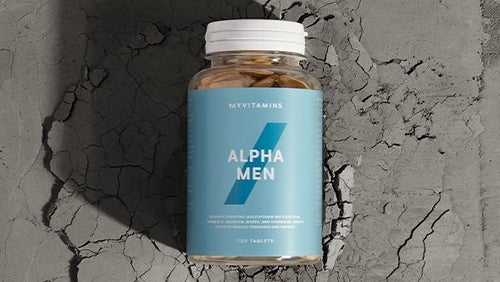
Myvitamins For Everyday Use | 5 Vitamins To Support Your Immune System And Overall Health
Support your overall well-being with these 5 vitamins.

Liam is a certified sport nutritionist with the International Society of Sport Nutrition and is enrolled on the British Dietetics Association’s Sport and Exercise Nutrition register. He has a Bachelor’s of Science in Sport and Exercise Science and is graduate of the ISSN Diploma in Applied Sport and Exercise Nutrition.
Liam is an experienced personal trainer, helping clients reach their health and fitness goals with practical, evidence informed exercise and nutrition advice.
In his spare time Liam has competed in numerous powerlifting competitions and enjoys hill walking, football and expanding his recipe repertoire in the kitchen. Find out more about Liam's experience here.
- Schwalfenberg GK. “The alkaline diet: is there evidence that an alkaline pH diet benefits health?” J Environ Public Health. 2012;2012:727630.doi:10.1155/2012/727630
- Key TJ, Fraser GE, Thorogood M, Appleby PN,BeralV, Reeves G, Burr ML, Chang-Claude J, Frentzel-Beyme R, Kuzma JW, Mann J, McPherson K. “Mortality in vegetarians and non-vegetarians: a collaborative analysis of 8300 deaths among 76,000 men and women in five prospective studies.” Public Health Nutr. 1998 Mar;1(1):33-41. doi: 10.1079/phn19980006. PMID: 10555529.
- https://assets.publishing.service.gov.uk/government/uploads/system/uploads/attach ment_data/file/618167/government_dietary_recommendations.pdf, 2021.
- Lockyer, S., Spiro, A. and Stanner, S. (2016), “Dietary fibre and the prevention of chronic disease – should health professionals be doing more to raise awareness?” Nutr Bull, 41: 214-231. https://doi.org/10.1111/nbu.12212
- Murray B, Rosenbloom C. “Fundamentals of glycogen metabolism for coaches and athletes.” Nutr Rev. 2018;76(4):243-259. doi:10.1093/nutrit/nuy001
